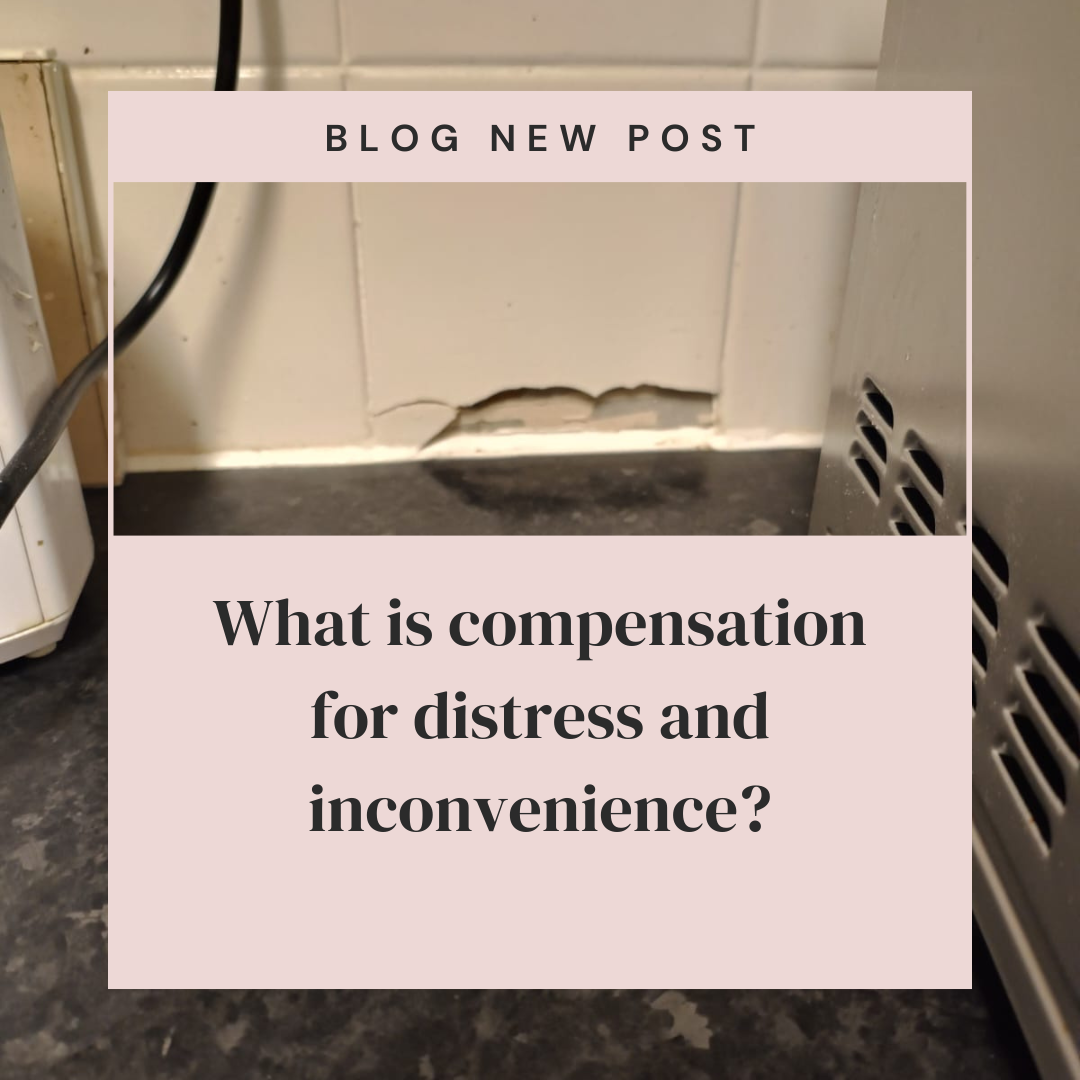What is compensation for distress and inconvenience?
What is compensation for distress and inconvenience? In the realm of social housing, tenants may encounter situations where they experience distress or inconvenience due to various issues within their living arrangements. Fortunately, compensation for distress and inconvenience exists to address such matters. This guide aims to shed light on what this compensation entails for tenants residing in England and Wales.
What is Compensation for Distress and Inconvenience?
Compensation for distress and inconvenience refers to financial reparation provided to tenants who have faced undue stress, discomfort, or inconvenience arising from issues within their social housing accommodations. These issues can range from prolonged repairs and maintenance delays to substandard living conditions impacting a tenant’s quality of life.
Understanding Eligibility and Claim Process
Tenants in social housing have the right to fair and adequate living conditions. When faced with situations causing distress or inconvenience, they may be eligible for compensation. However, eligibility criteria and the claim process can vary based on individual circumstances and housing authorities.
It’s crucial for tenants to document the issues encountered, including dates, details, and any communication with the housing provider regarding the problem. Proper documentation serves as valuable evidence when lodging a complaint or claim for compensation.
Common Scenarios for Compensation
Instances where compensation for distress and inconvenience may apply include:
- Prolonged repair or maintenance delays affecting essential amenities like heating, plumbing, or electrical systems.
- Persistent noise disturbances or anti-social behavior issues impacting a tenant’s peaceful enjoyment of their home.
- Failure by the housing authority to address health or safety concerns promptly.
It’s important to note that compensation amounts can vary, and the decision lies with the housing provider or, in some cases, a regulatory body overseeing housing standards.
Steps to Take When Seeking Compensation
Tenants experiencing distress or inconvenience should take the following steps:
- Report the Issue: Notify the housing authority promptly via written communication, highlighting the problem and the impact it has on daily life.
- Keep Records: Maintain a detailed record of communications, including dates, emails, letters, or phone calls exchanged concerning the issue.
- Seek Advice: Consider seeking advice from local housing advocacy groups or legal services to understand your rights and options.
- Follow Up: Persist in following up with the housing authority to ensure the issue is being addressed and seek resolution.
In conclusion, compensation is a recourse available to social housing tenants in England and Wales. While navigating this process, thorough documentation and understanding of rights are crucial. Tenants should assert their entitlement to a habitable living environment and pursue compensation when warranted.
Important links
Housing Disrepair Advice: https://housingdisrepairadvice.org/contact
Housing Ombudsman: https://www.housing-ombudsman.org.uk/
